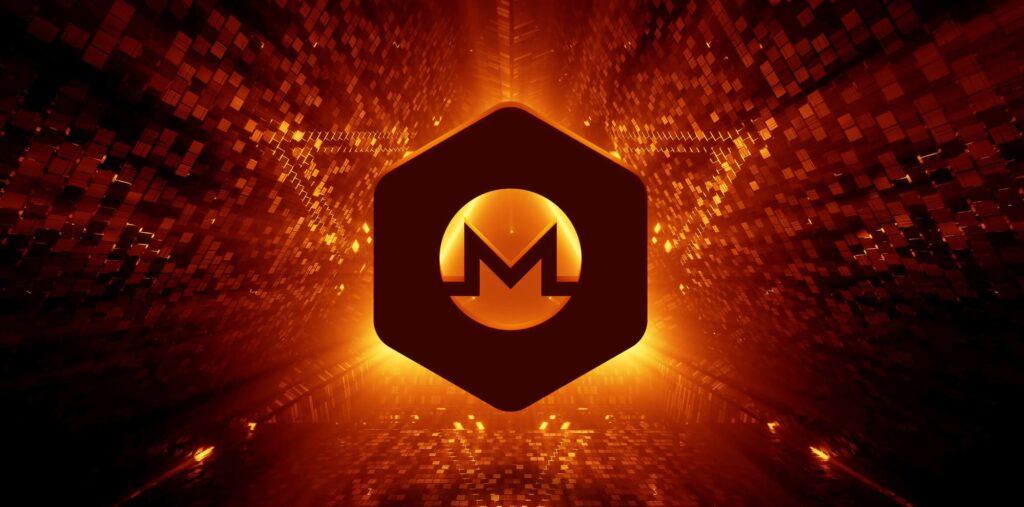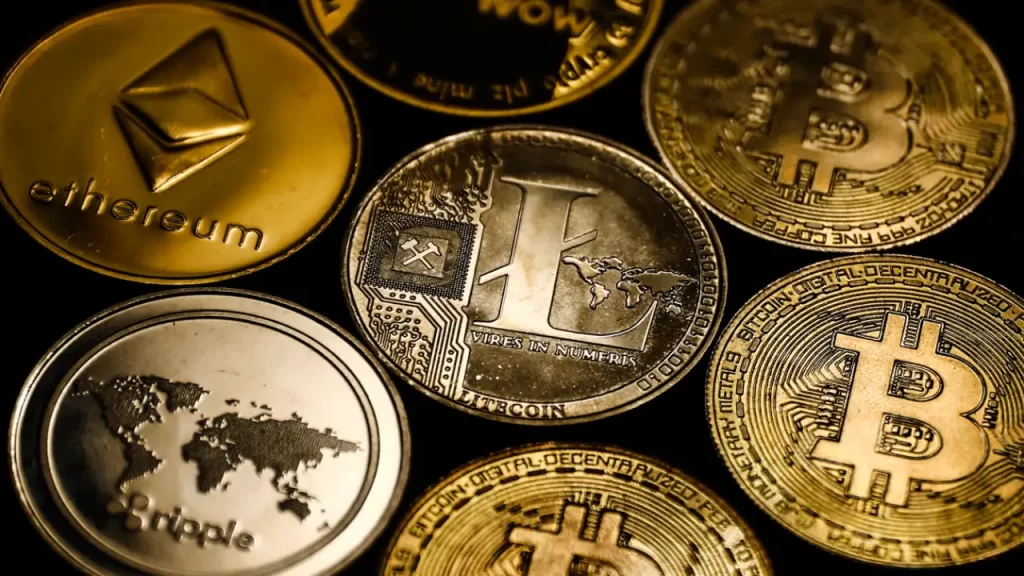San Francisco, United States, May 24th, 2024, Chainwire
- Rollup-as-a-Service platform Caldera is launching Guardian Nodes, a production-ready node system that enables network users to verify rollup blocks for rewards.
- HYCHAIN, the first team to leverage this system with Caldera, generated $8 million from their initial node sale.
Caldera, the leading Rollup-as-a-Service (RaaS) platform, currently powers over fifty EVM rollups (including Manta, Injective inEVM, Kinto, HYCHAIN, Treasure, and ApeChain) that secure ~$1B in total value locked.
Along with their core rollup infrastructure, Caldera offers a catalog of over 50 integrations across the modular stack and an assortment of other custom user-facing tools for chains to leverage.
Guardian Nodes are the latest addition to that list.
The Background
Today, the majority of L1 blockchains operate using a proof-of-stake model, where a chain’s participants are incentivized via network rewards to lend their stake and validate the chain.
This incentive structure fosters decentralization by encouraging individual stakers to operate honest validators, while punishing those who don’t, making for an extremely high cost to attack a network and compromise its security.
Decentralizing Rollups
EVM rollups have all but solved the scalability problem, with L2s and L3s on Ethereum enabling virtually infinite scale. But, there’s still no incentive for honest network participants to monitor these rollups.
Caldera’s Guardian Nodes allow teams to decentralize their rollups by enabling users to verify blocks and secure the network in exchange for rewards. Under the hood, this is accomplished by introducing a novel “light verifier” to Arbitrum rollups that allows Guardian Node operators to verify Nitro batches on everyday hardware without needing to run a full node.
Teams can launch Guardian Nodes to their users through a “Node Sale”, which distributes “keys” that authenticate a node’s eligibility to submit claims and earn rewards, granting purchasers the ability to operate a Guardian Node on a given rollup.
HYCHAIN, the first team to leverage this system, raised over $8m across 16,000+ node keys in just 2 weeks, completely supercharging their community while generating significant revenue for their project.
By enabling more parties to watch over a rollup and identify malicious behavior, the network’s security grows more robust— a crucial step to establishing trust in the chain’s correctness. This in turn generates more demand for a rollup’s native token, which is required for users to participate in validation and helps provide practical cryptoeconomic security for the network.
Guardians Nodes are another notch in the belt of Caldera’s impressive infrastructure solution. With the success of HYCHAIN’s launch, we expect more teams building rollups to leverage this innovative product in the coming months.
To get started with a high performance rollup, visit Caldera’s website here and/or book a call here.
Contact
Growth
Alex Gu
Caldera
alex@caldera.xyz
4844329611










